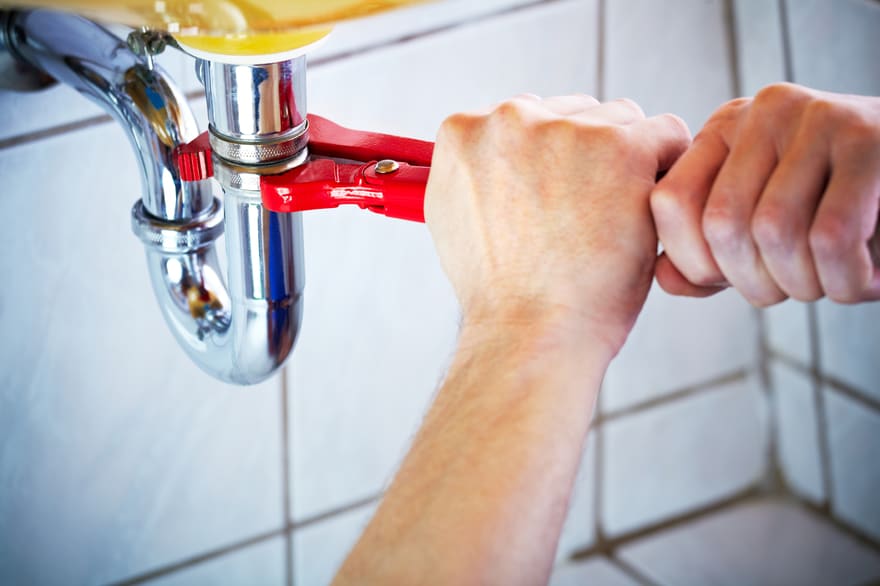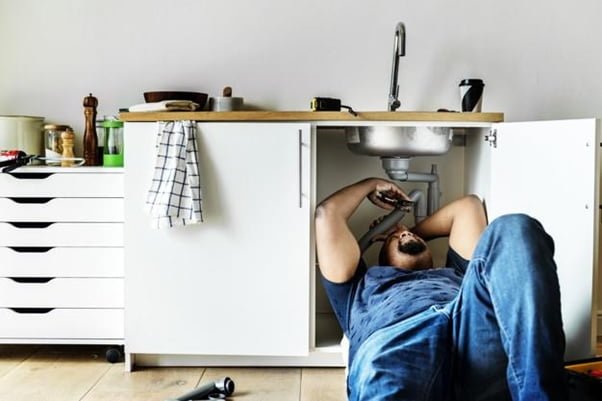
Plumbers install and repair pipes, fixtures, and appliances that facilitate water and gas distribution in residential, commercial, and industrial settings. They often work with hazardous materials and in confined spaces. Eco-friendly plumbing solutions are good for the environment but can also benefit you and your household. Besides conserving water and energy, these plumbing fixes can prevent the build-up of harmful drainage products that could poison or pollute your home’s surrounding environment.
Maintenance
Plumbers regularly inspect and maintain plumbing systems in residential homes, commercial buildings, and industrial facilities. They are responsible for ensuring that these systems function properly and efficiently, providing adequate water supply and waste disposal while promoting the health and safety of building occupants. Plumbers often work directly with homeowners and tenants to diagnose and repair plumbing issues. They may also be called to install plumbing systems in new construction projects.

In these situations, they collaborate with architects and builders to plan piping systems according to specifications and building codes. Eco-friendly plumbing solutions include implementing low-flow fixtures and toilets, water-efficient appliances, and tankless water heaters. These solutions help reduce water and energy consumption, lowering utility bills and reducing environmental impact. In addition, these solutions are more aesthetically pleasing and can increase a home’s resale value. If you want to learn more about green plumbing, contact a professional plumber Bellevue. They will be able to provide you with more information and suggest ways you can make your home more eco-friendly.
Installation
Plumbers are responsible for the pipes, fixtures, and appliances facilitating water, gas, and waste disposal in residential and commercial properties. These systems are critical to ensure clean water supply, effective drainage, and the health and safety of building occupants. Plumbing services include installing and repairing fixtures, pipes, taps, and toilets. They may use various tools and equipment to perform their job, including soldering equipment, wrenches, pipe cutters, and power tools. They must also adhere to safety protocols when working with hazardous materials and in confined spaces. Some plumbers specialize in residential and commercial plumbing, while others focus on industrial settings.
Construction plumbers work on new projects, collaborating with architects and other construction professionals to install plumbing systems according to specifications and building codes. They may also work on large-scale piping and heating systems in factories and plants. Leaking pipes and faulty appliances can save huge amounts of water, which is not only bad for the environment but also expensive for homeowners. A plumber can help reduce water waste by fixing leaky taps and fittings and advising on installing low-flow fixtures and tankless water heaters.
Repair
Plumbers often repair and maintain plumbing systems in homes and apartments. This can include unclogging drains and pipes, repairing or replacing damaged parts, and installing new fixtures and appliances. And hiring a reliable Plumber Greenville SC (or elsewhere) ensures the job is done safely and efficiently. In addition, most plumbers also work on gas lines and perform gas leak detection. Green plumbers are aware of the environmental impact of home plumbing and use environmentally friendly materials, products, and equipment. They also recommend and install water-saving toilets, faucets, and showerheads that reduce household water waste.

Other eco-friendly plumbing solutions include greywater recycling and rainwater harvesting systems. Professional plumbers often work on plumbing systems in commercial and industrial settings, including office buildings, hospitals, and power plants. These plumbing systems are larger and more complex than residential ones and require different installation, maintenance, and repair skills. Plumbers who work in commercial and industrial environments may need to collaborate with other professionals to ensure the plumbing system is integrated into the building’s overall infrastructure.
Replacement
Plumbing problems often result in leaks, clogged drains or water waste. A plumber can fix these issues and make sure your pipes are safe and well-maintained. They can also advise you on eco-friendly options for your home, such as energy-saving water pipes that are insulated to prevent heat loss. Another option for making your plumbing eco-friendly is to install a combi boiler that provides hot water on demand. This system uses less water and energy than traditional systems, resulting in lower utility bills and reduced carbon footprint.
A plumber can help you save water by repairing leaks and installing low-flow faucets, showerheads and toilets. These appliances use less water and conserve resources by reducing waste and reusing existing water. Plumbers can also suggest insulating your pipes to prevent heat loss, reducing your heating bill. They can recommend a range of eco-friendly products that will fit your budget and suit your lifestyle.

3 thoughts on “The Role of a Plumber in Eco-Friendly Plumbing Solutions”